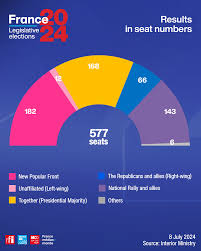
The main story is the RN’s advance, not an NFP victory.

With Radioactive Radicals, Dan La Botz has written a bold and unique novel that is ultimately a novel of questions and uncertainties.

The Confederation of Free Trade Unions of Ukraine (KVPU), a member organization of the International Trade Union Confederation and the European Trade Union Confederation, calls on the international community, the ITUC, the ETUC, and their member organizations, as well as the governments of democratic states, to strengthen their support for Ukraine.
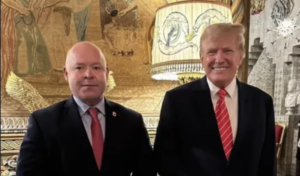
A speaking engagement at the Republican National Convention by Teamster President Sean O’Brien only normalizes the most anti-union party and President I’ve seen in my lifetime.

The Democratic corporate centrist is the lesser evil to Trump, the wannabe rightwing dictator. But does that mean socialists should support the Democratic candidate to stop Trump?
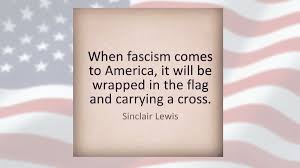
A month ago, we had a debate in Solidarity on the question of the U.S. presidential election in which I argued the need to vote for Biden in order to defeat Trump.

This thunderclap, which had been widely announced, must lead the popular and democratic forces of the left to unite in order to fight the evil at its roots. It’s five minutes to midnight!
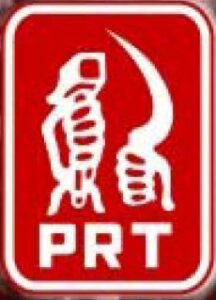
It is necessary to build a counter-hegemonic pole to the current “progressive” consciousness in order to grow into the revolutionary anti-capitalist consciousness.

I fully associate myself with the terms of the letter from the teachers and researchers of your university, in particular with their defense of academic freedom and respect for the formation of critical knowledge.
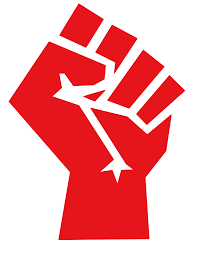
In this panorama, different organizations and collectives of the independent left see the need to form an Independent, Anti-capitalist and Anti-Patriarchal Left Bloc to strengthen the organization and mobilization independent of the government and the right.
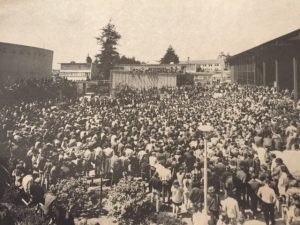
At that time Humboldt State had about 5,000 students; about 3,000 showed up for the meeting and at least 2,000 students voted to strike.
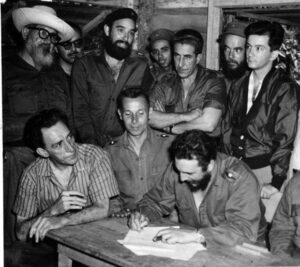
The verticality of the 1959 revolutionary process took us by its own logic and dynamism to the extreme authoritarianism and total absence of democracy in today’s Cuba.
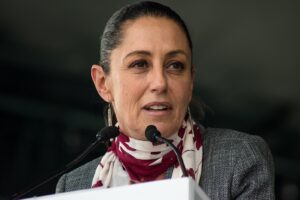
laudia Sheinbaum, the ruling party’s 2024 presidential candidate, does not have AMLO’s power and is unlikely to enjoy his level of support among legislators.
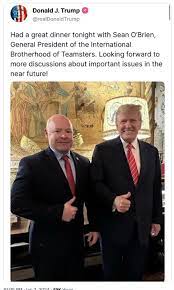
An important discussion is taking place among Teamster activists about the leadership of Sean O’Brien. It is also a conversation about the part being played by of Teamsters for a Democratic Union.
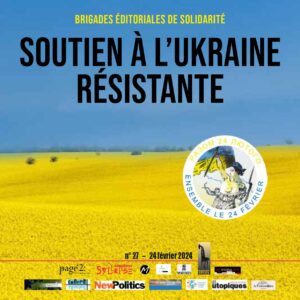
Supporting the Palestinian cause, however, should not take away from the need to stand with Ukraine. In both cases, a stronger military power is attempting to occupy and deny self-determination to oppressed people.
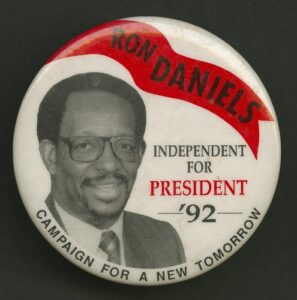
Ron Daniels decided to run for president in 1992 after his experience as national director of the Rainbow Coalition during Jesse Jackson’s 1988 presidential campaign.

The labor movement in the United States is passing through a transition from the stagnation of the period from 1980-2010 to a new period of dynamic change in industrial decentralization, new technologies, work, organization, union activism, and the enormous and enveloping issue of climate chan
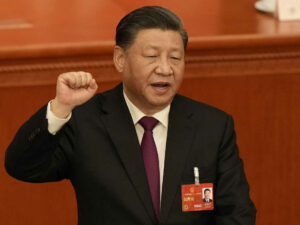
Given China’s drivers, it’s difficult to imagine how this trend could be halted or reversed short of the collapse or overthrow of the CCP. That’s coming but of course it’s impossible to predict when.
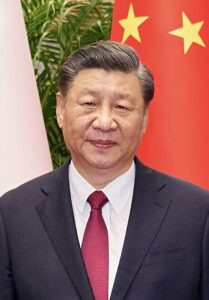
If Xi’s Chinese-style modernization has shattered the myth that modern-is-Western, then why is his economy still so dependent on Western science and technology?
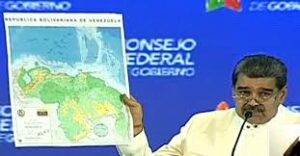
Venezuelan President Nicolás Maduro shows new map of Venezuela’s incorporation Eusebio Province of Guyana.
The United States has taken the first steps in becoming involved in a potential war between Venezuela and Guyana. President Nicolás Maduro of Venezuela is claiming the . . .